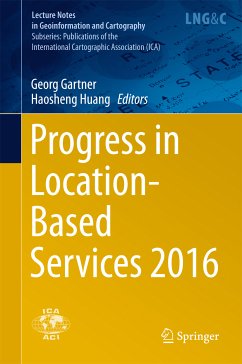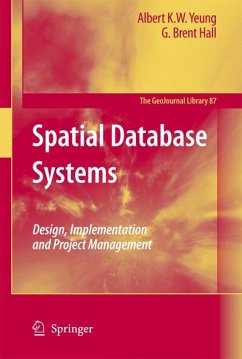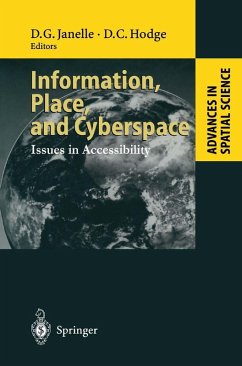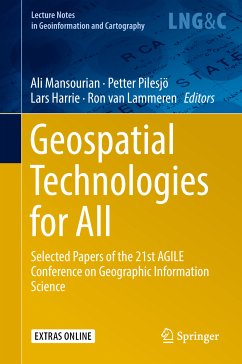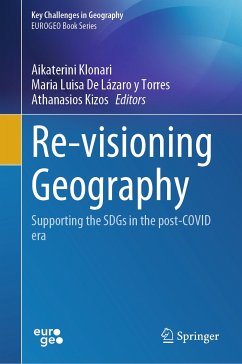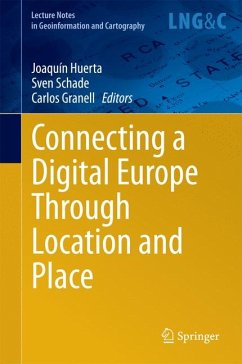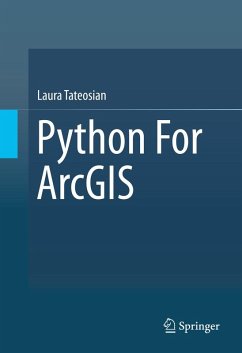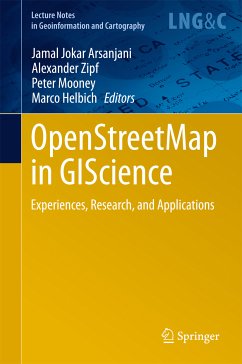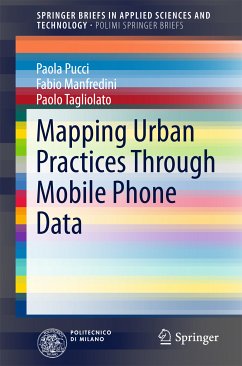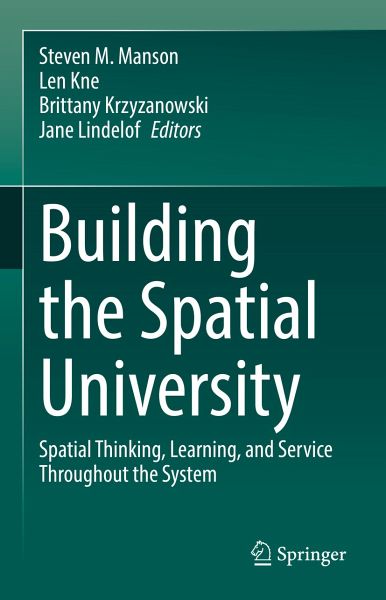
Building the Spatial University (eBook, PDF)
Spatial Thinking, Learning, and Service Throughout the System
Redaktion: Manson, Steven M.; Lindelof, Jane; Krzyzanowski, Brittany; Kne, Len

PAYBACK Punkte
52 °P sammeln!
This volume discusses the concept of The Spatial University as part of the broad growth of spatial science and the need for spatial infrastructure in colleges and universities. The book centers on the development of U-Spatial, the spatial science infrastructure at the University of Minnesota that offers a range of spatial activities and services, including data access, training, and community building. Against a backdrop of the changing nature of research, teaching, and service in higher education, the story of U-Spatial anchors a broader discussion of what it means to be a spatial university....
This volume discusses the concept of The Spatial University as part of the broad growth of spatial science and the need for spatial infrastructure in colleges and universities. The book centers on the development of U-Spatial, the spatial science infrastructure at the University of Minnesota that offers a range of spatial activities and services, including data access, training, and community building. Against a backdrop of the changing nature of research, teaching, and service in higher education, the story of U-Spatial anchors a broader discussion of what it means to be a spatial university. This narrative framing demonstrates-with specific examples-the importance of institutions offering dedicated spatial research infrastructure. In six chapters, the text explores the importance of spatial thinking, learning, and research for student and researcher success. The volume offers lessons that are applicable far beyond the University of Minnesota to apply to a broad array of domains and institutional specializations. The book will be useful to students, researchers, and policymakers concerned with how institutions can encourage spatial research, teaching, and service. It will also appeal to researchers and practitioners interested in broader uses of spatial science.
This book shows how GIS can transform a university, speaking to the need for leadership in higher education around the power of bringing everything together using spatial and geographic concepts.
Jack DangermondCo-Founder and President, Esri
This book shows how GIS can transform a university, speaking to the need for leadership in higher education around the power of bringing everything together using spatial and geographic concepts.
Jack DangermondCo-Founder and President, Esri
Dieser Download kann aus rechtlichen Gründen nur mit Rechnungsadresse in A, B, BG, CY, CZ, D, DK, EW, E, FIN, F, GR, HR, H, IRL, I, LT, L, LR, M, NL, PL, P, R, S, SLO, SK ausgeliefert werden.



